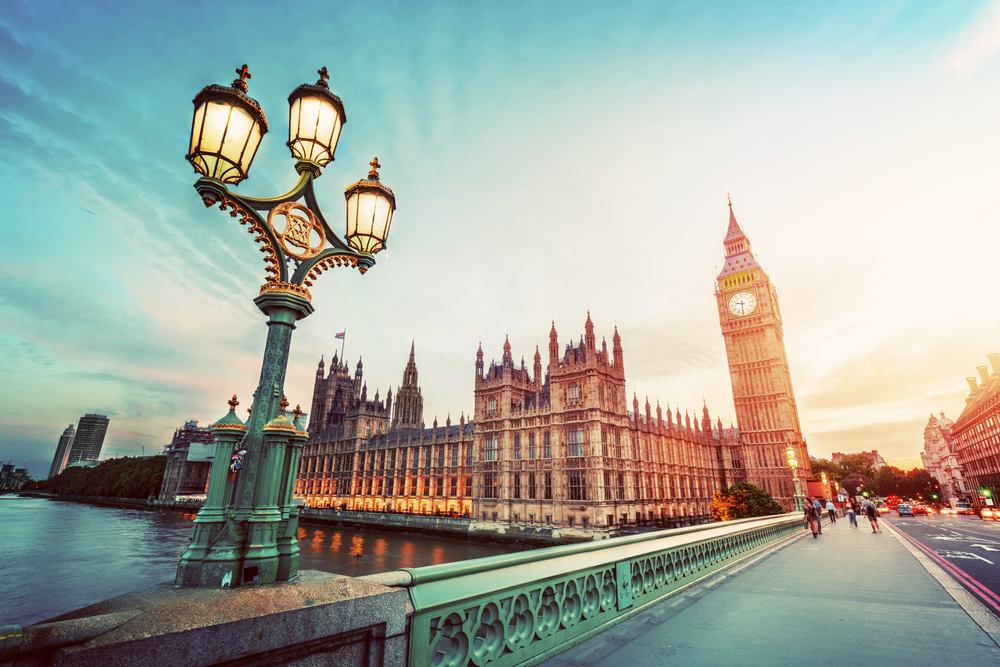
In today’s Budget the chancellor Rishi Sunak acknowledged due to the ‘sheer volume of transactions’ many property purchases would not complete in time to benefit from the tax exemption he put in place in the summer.
The nil-rate band, Sunak said in his speech to the House of Commons, would be extended on purchases up to £500,000 until 30 June.
Then, after this time, there would be no stamp duty on purchases up to £250,000 until the end of September. It will return to the normal level on 1 October 2021.
While the news of the full extension to 30 June will come as no surprise to the mortgage and property industry, the more tapered ending to 30 September has provided relief to those who were concerned about an abrupt deadline.
Jonathan Hopper, CEO of the buying agents Garrington Property Finders, was among them. He said: “The chancellor hasn’t just smoothed the cliff edge. He’s flattened it into a runway. And the resurgent property market is cleared for take-off.
“With thousands of property transactions dragging on as conveyancers struggle to keep up with surging demand, many buyers had been braced for a painful tax hit if they failed to complete by the end of March.
“Many of those anxiously watching the days run out had hoped for a last-minute reprieve from Mr Sunak. What the property market got instead was not one but two shots in the arm.
“Firstly, the gradual tapering away of the Stamp Duty holiday will reduce the cost of buying a home right up until the end of September.”
Creating problems later on
Nitesh Patel, strategic economist at Yorkshire Building Society, was not quite so convinced, however. He said: “The hard stop scheduled at the end of September may just kick the can down the road for some buyers.
“Those who are mid-transaction may well face a similar situation of being confronted with an unexpected tax bill of thousands of pounds when the extension comes to an end, as well as disincentivising higher-value purchases.
“Whilst successive governments had continued to increase the tax burden on the higher end of the market the lowest threshold for Stamp Duty had not increased since 2006, house prices have increased, on average, by 55% during that time.
“If the lowest Stamp Duty price threshold had been raised in line with house price inflation, no Stamp Duty would be paid on properties up to £195,000. This has disadvantaged those looking to move home to accommodate growing families, who have had to pay comparatively higher levels of tax, compared with 15 years ago, to purchase a similar property.”
Conveyancers will ‘rise to the challenge’
The conveyancing industry had, earlier this this week, raised concerns about an extension to the end of June over fears it would further increase its already heavy workload and create problems in June.
But Paul Smee, non-executive chair of the Conveyancing Association, welcomed the chancellor’s tapering.
He said: “The chancellor has recognised the economic boost which an active housing market gives to the wider economy and we are pleased he is not bringing the support of stamp duty relief to an abrupt conclusion at the end of March.
“A tapered reduction to the relief which we have long advocated will help avoid cliff edges in October.
“The conveyancing sector does however faces real challenges in meeting the likely volumes of transactions over the next few months but is ready to rise to the challenge.”



